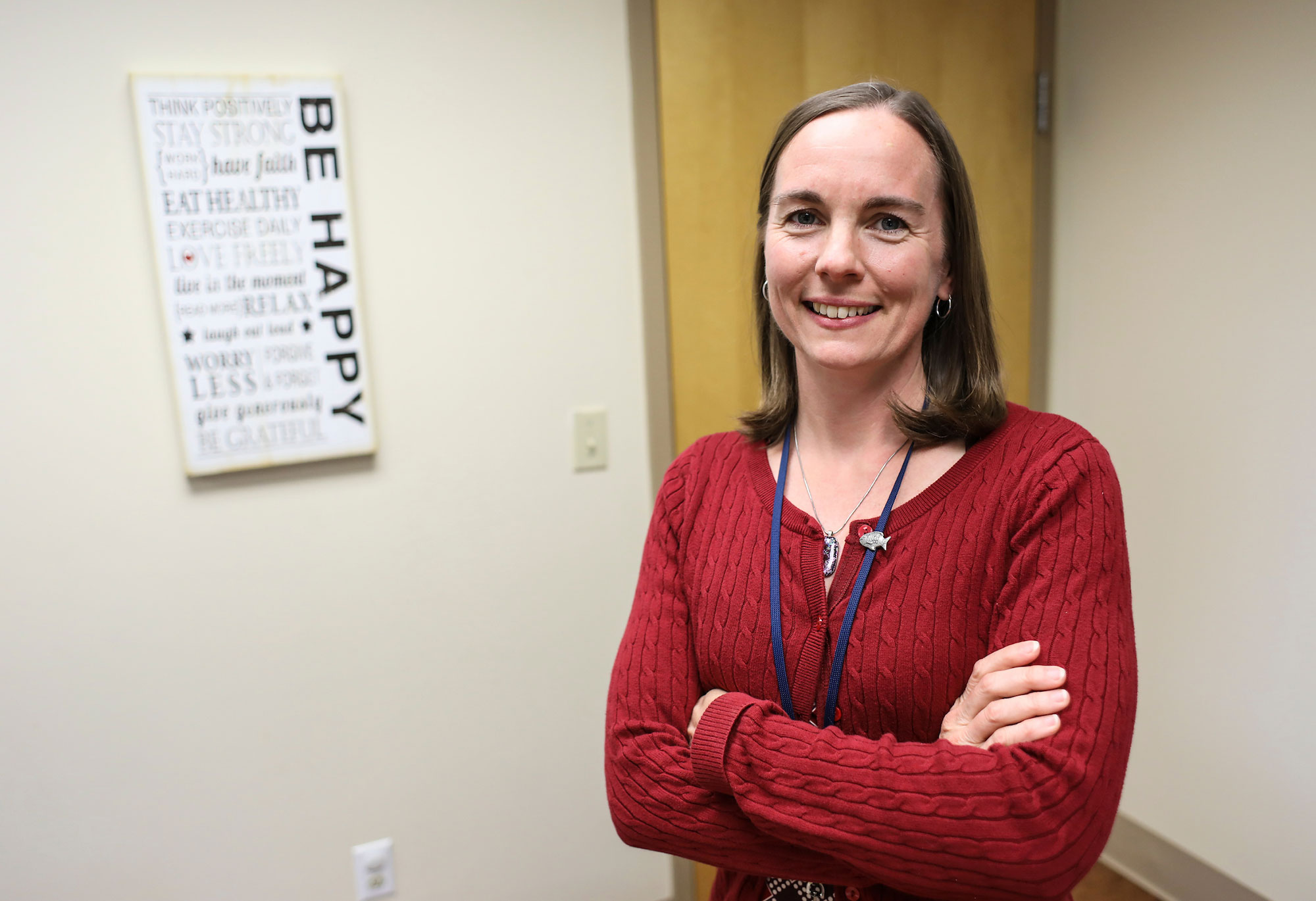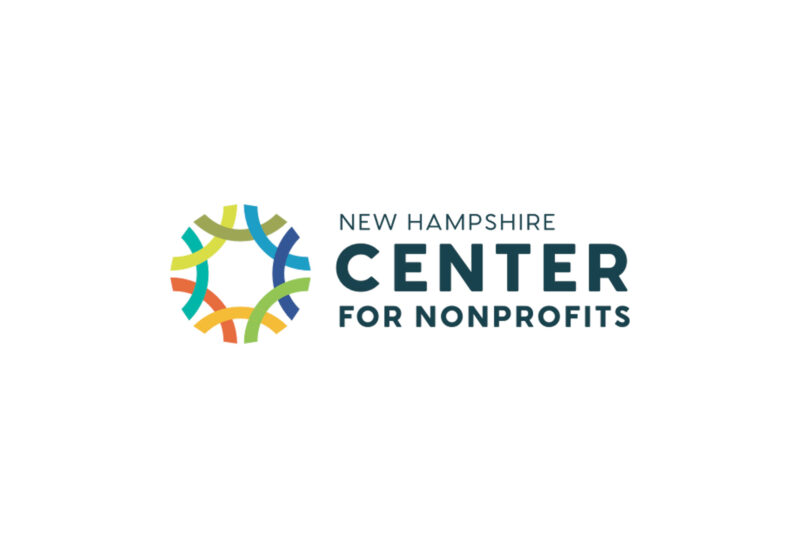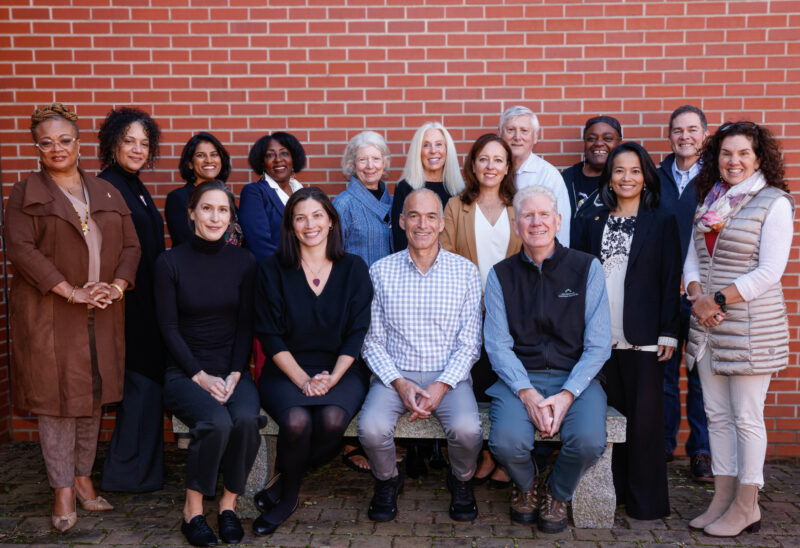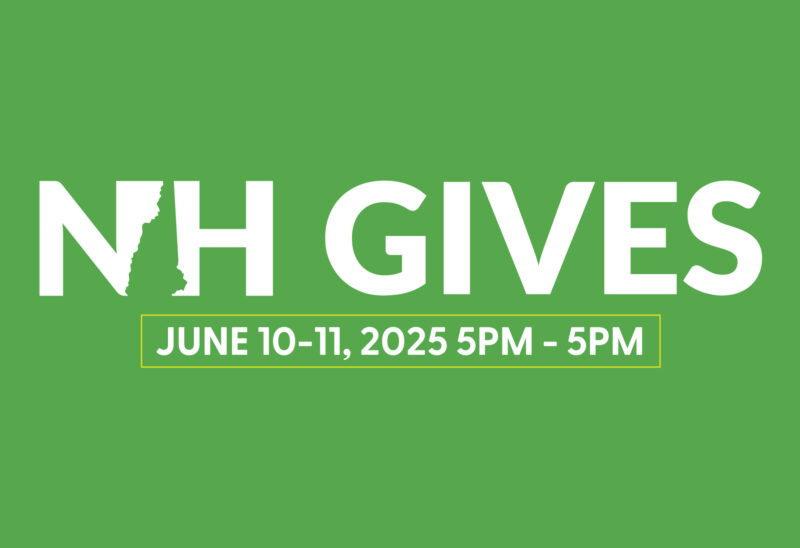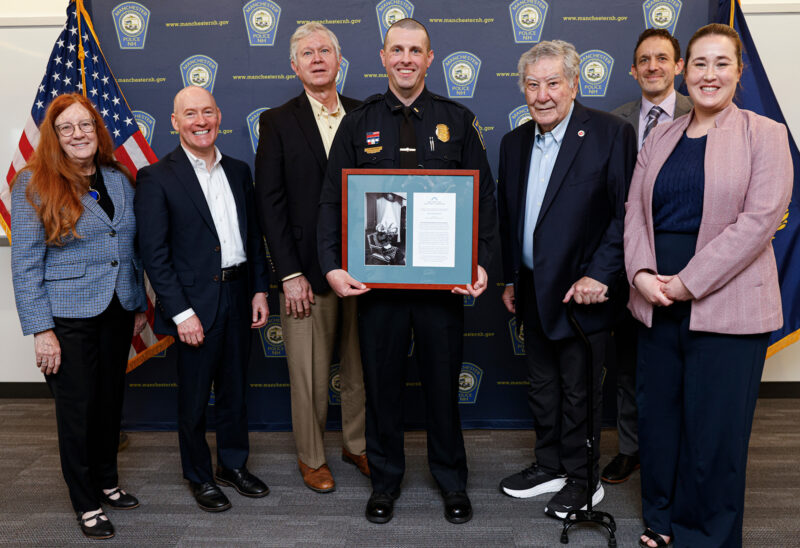The New Hampshire Charitable Foundation launched Screen & Intervene, an evidence-based “screening, brief intervention and referral to treatment” (SBIRT) protocol for youth in 2014. The Governor’s Commission on Alcohol and Other Drug Abuse Prevention, Intervention, Treatment and Recovery had identified health care professionals as key to supporting a culture change in the way alcohol and drug use are viewed and addressed.
SBIRT has been implemented in 23 medical facilities across New Hampshire with a $2.25 million grant from the Conrad N. Hilton Foundation, and health care professionals have become more effective messengers for prevention and early intervention.
More than 15,000 young people have gotten effective screening with intervention and referral to additional care if needed, and more than ever are having meaningful and consistent conversations about substance use with their primary care providers.
Here is the first of a series of case studies from sites around the state, providing insights about how the new protocol is improving the health of young people.
The White Mountain Community Health Center in Conway serves communities in the rural northern part of the state, an area with historically high rates of substance misuse. SBIRT has become part of the culture of this center — and, by extension, of the communities it serves.
Julie Everett Hill, RN, director of operations at White Mountain, oversaw the adoption of SBIRT at the center (and its 100 percent screening rate for young people). She said that, soon after, as the center implemented SBIRT, young patients came in expecting it. “Kids were talking about it to one another,” she said. “Now that we have been doing it for almost two years, it is just a normal part of what we do. It’s just another vital sign. We take your height, we take your weight, we ask about healthy lifestyle and risks.”
The center trained its own staff in screening and in motivational interviewing — and invited other providers, from midwives to behavioral health professionals, to take advantage of the training as well. Hill has continued to bring the training to other facilities in the region.
“We want SBIRT to be a standard for the whole community,” Hill said. “It’s no different than making sure everybody in the community is taking a blood pressure the same way.”
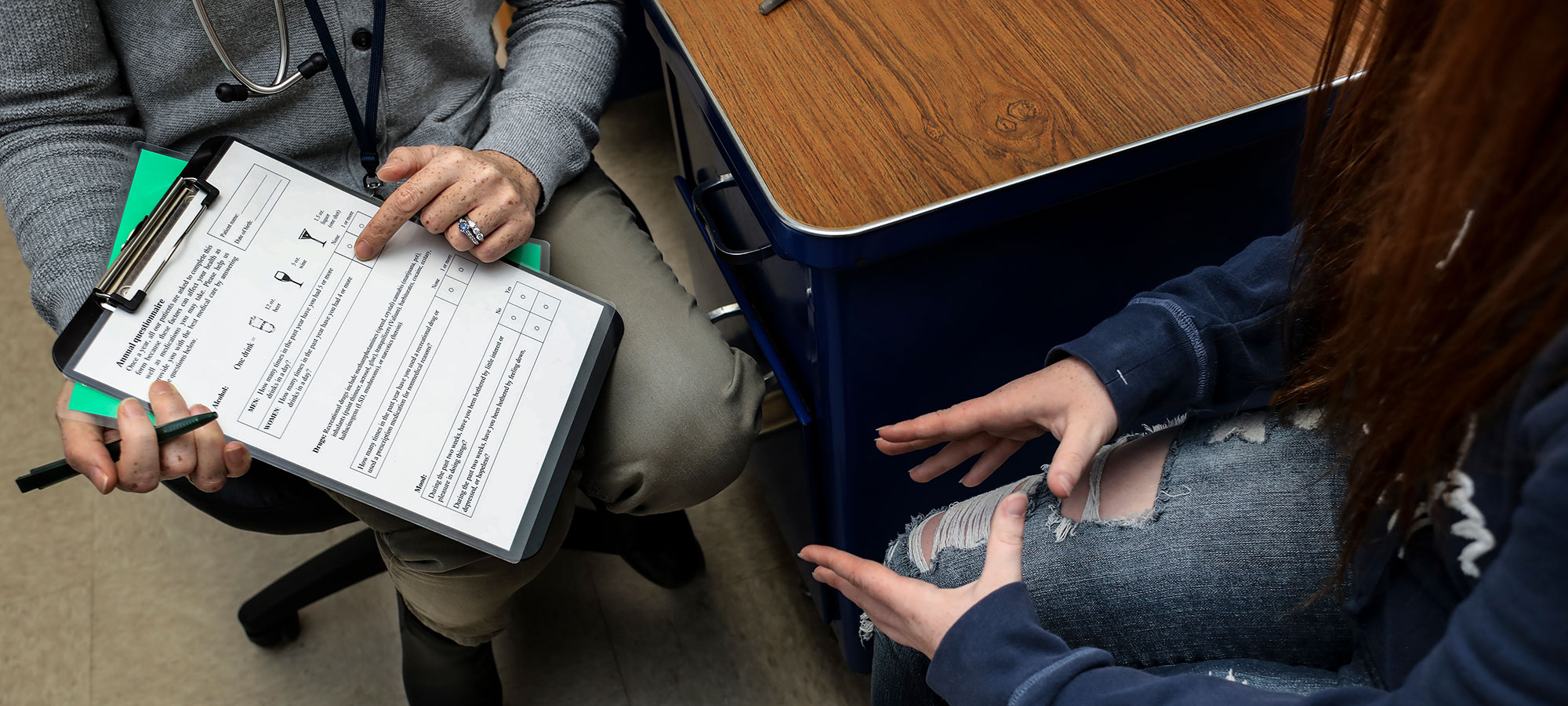
Hill said it worked well to have an SBIRT implementation team with representatives of all departments that will be affected by the system — from clinical staff to medical records and billing. And to test the new protocol with a single provider and their team first, before rolling it out system-wide.
SBIRT not only catches problematic substance use — it also gives providers a chance to give a healthy dose of positive reinforcement as prevention when kids report that they are not using alcohol or drugs.
“If we can catch kids before they start using, and tell them we care and give them the message that it does impact their health, then ten years down the road maybe we will see that they have made healthy choices because they have gotten consistent messaging from their health care providers.”
Providers at White Mountain have found that kids really open up and want to talk. SBIRT provides the tools and training for productive conversations to happen.
“They are just waiting for you to ask,” she said. “They want to talk so badly. If you don’t ask about it at all, they don’t talk about it. But if you ask sincerely and sit and wait and listen, they really need someone to talk to and they want to talk about it. And those conversations are what I think, long-term, is going to make the difference.”
Learn more about Screen & Intervene at www.sbirtnh.org. And learn more about the Charitable Foundation’s investments in substance use prevention, treatment and recovery at www.nhcf.org/sud.

